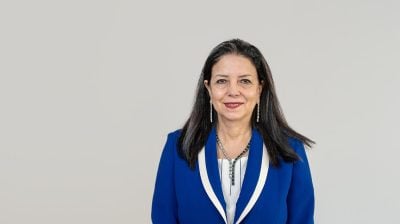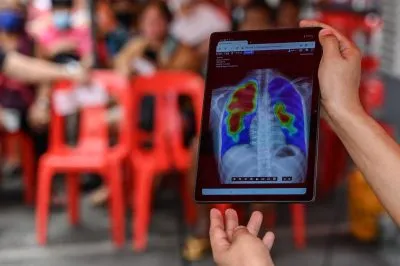It builds on Safaricom’s original game-changing M-Pesa service and means that consumers can pay for goods through M-Pesa without having to pay transaction fees. Merchants pay a 1.5% commission for every transaction, compared with the 3%-5% commission traders are obliged to pay when it comes to credit card transactions.
By the end of March 2014, Safaricom had recruited 120,000 merchant retailers to participate in the service and 22,000 of these are currently active. The most recent Ericsson ConsumerLab study into m-commerce in Sub-Saharan Africa found that mobile payments for airtime top-up, merchant payments, bill payments and salary payments vary greatly between the countries in Sub-Saharan Africa. They accounted for 60% of mobile payments in Tanzania, but just 19% in South Africa and 8% in Ghana.
There have clearly been moves to increase the uptake of mobile banking payments to merchants in some countries. For example, Standard Bank, one of the major financial services groups in South Africa, has rolled out solutions to 10,000 South African merchants. The service is aimed at small businesses and will mean that retailers can take mobile payments without having to rely on a POS (point-of-sale) terminal. The service is open to all consumers and not just Standard Bank customers.
Meanwhile, in Kenya Mobikash has just introduced a mobile payment service, Lipa Sasa Na Mobikash. “With Lipa Sasa Na Mobikash, merchants across Kenya will instantly gain access to a safe platform, drastically reducing risks of handling fake currency and theft.
The system will also enhance efficiency, by making it easy for merchants to manage their records better,” says Mobikash Afrika’s CEO, Duncan Oduor Otieno. Lipa Sasa Na Mobikash users will be able to access the merchant payment service simply by dialing the digits *365# on their mobiles irrespective of which network they are subscribed to.
Banks move in
Kenyan banks are also seeking to get in on the action and compete with telecoms giant Safaricom. For example, Kenya’s biggest bank, Equity Bank, in April announced that it is to hand out more than 300,000 Near Field Communication (NFC) smartphones to Kenyan retailers for free. Equity is targeting restaurants, supermarkets and other retail outlets with the complimentary devices.
“Our new MasterCard ATM cards are tap-and-go [contactless cards not requiring a pin number to be entered] hence the need to put mobile POS devices with merchants to process payments,” said the company’s CEO, James Mwangi. “The NFC-enabled phones and cards will help Equity Bank be well positioned to significantly increase volumes and commission from payment processing,” he added.
In April, Nigeria’s Teasy Mobile Money launched the NFC payments solution in Nigeria. “We are very excited with the market opportunity that this solution will bring, we believe that retail payments will seriously drive up the volume of transactions as well as grow customer confidence in the mobile payments space,” said Teasy CEO Musa Ali Baba. Consumers are given NFC stickers, which are then linked into their mobile wallet, and as a result they are able to make tap-and-pay transactions.
Want to continue reading? Subscribe today.
You've read all your free articles for this month! Subscribe now to enjoy full access to our content.
Digital Monthly
£8.00 / month
Receive full unlimited access to our articles, opinions, podcasts and more.
Digital Yearly
£70.00 / year
Our best value offer - save £26 and gain access to all of our digital content for an entire year!
 Sign in with Google
Sign in with Google 


